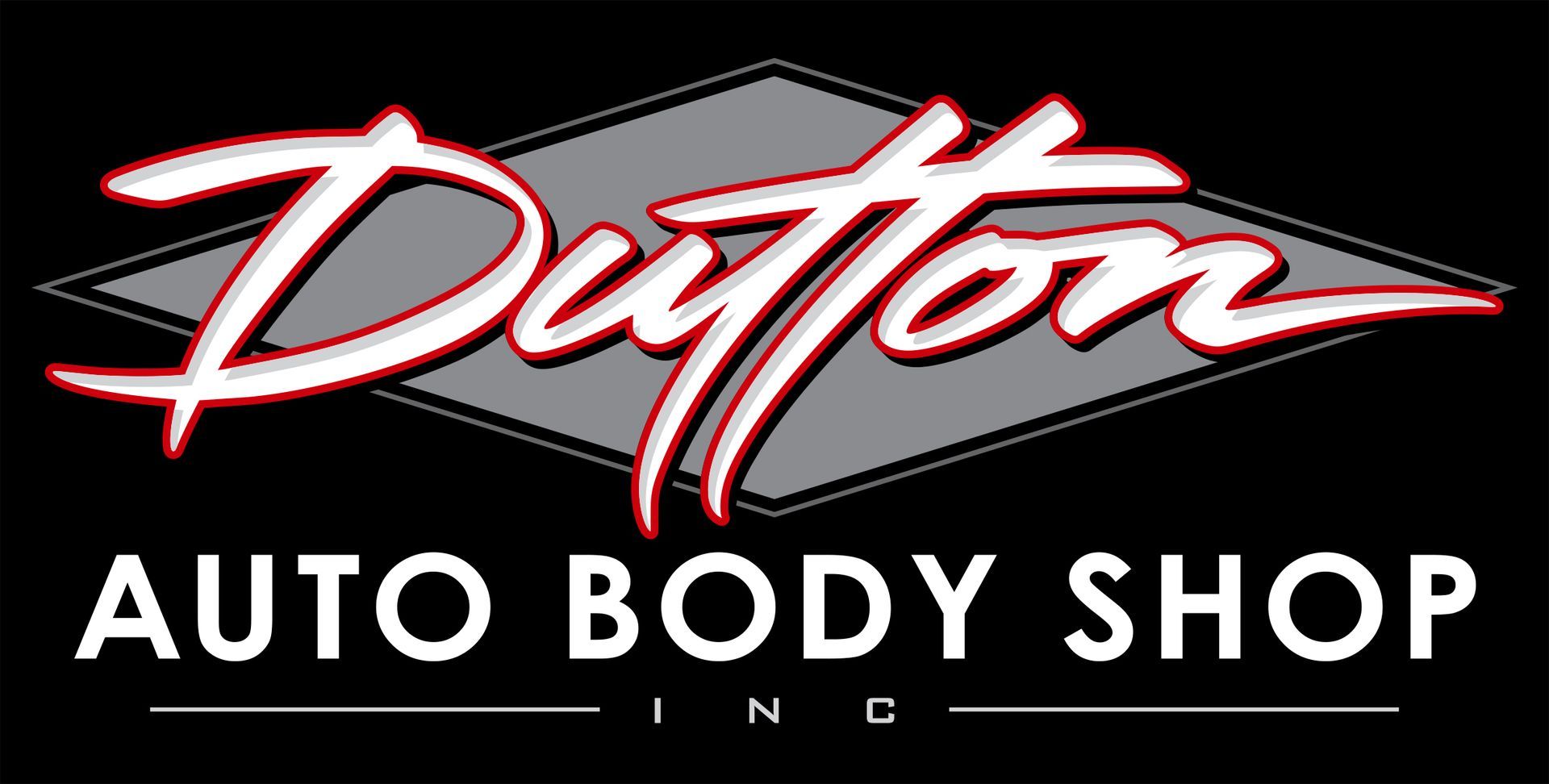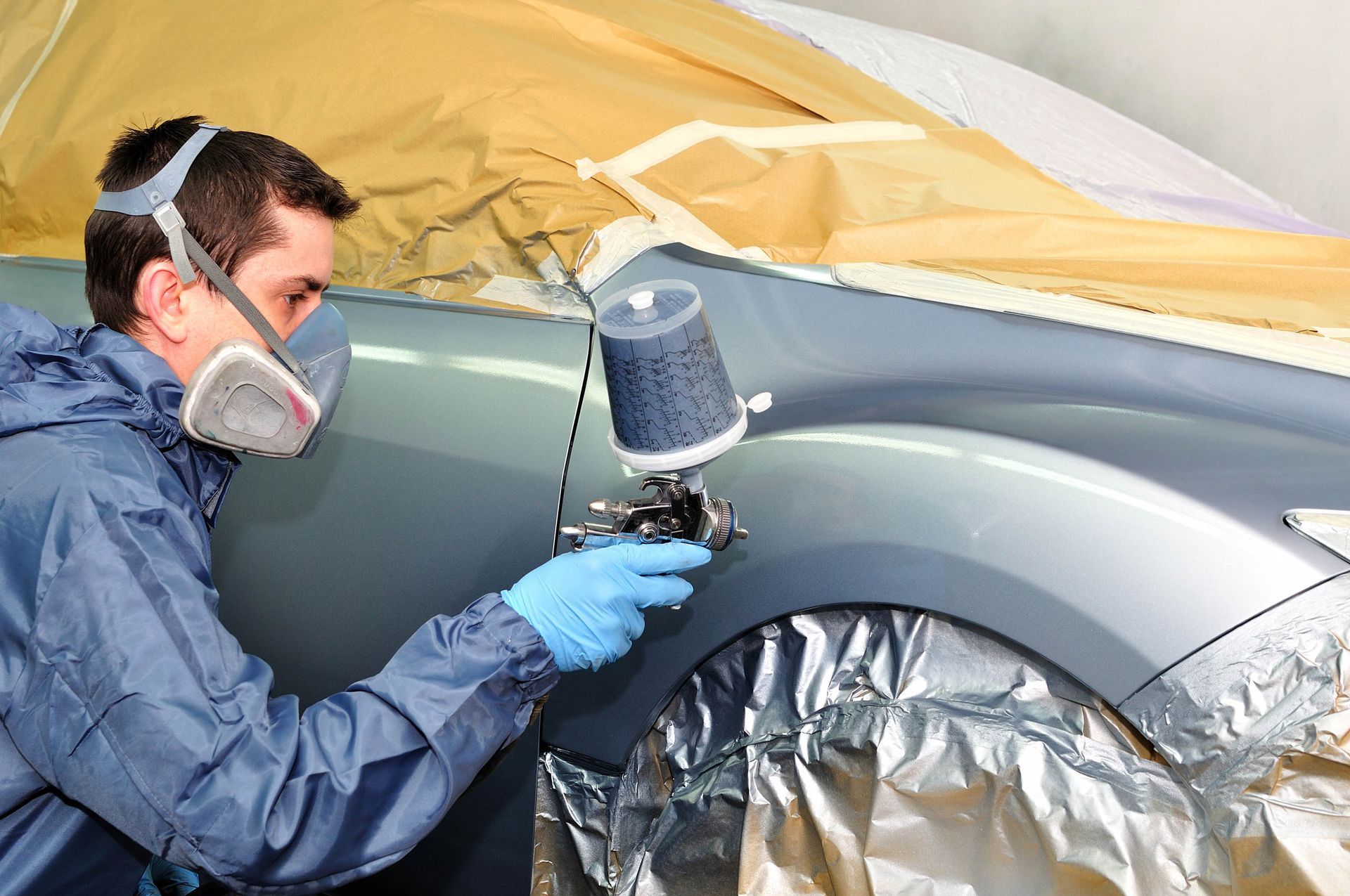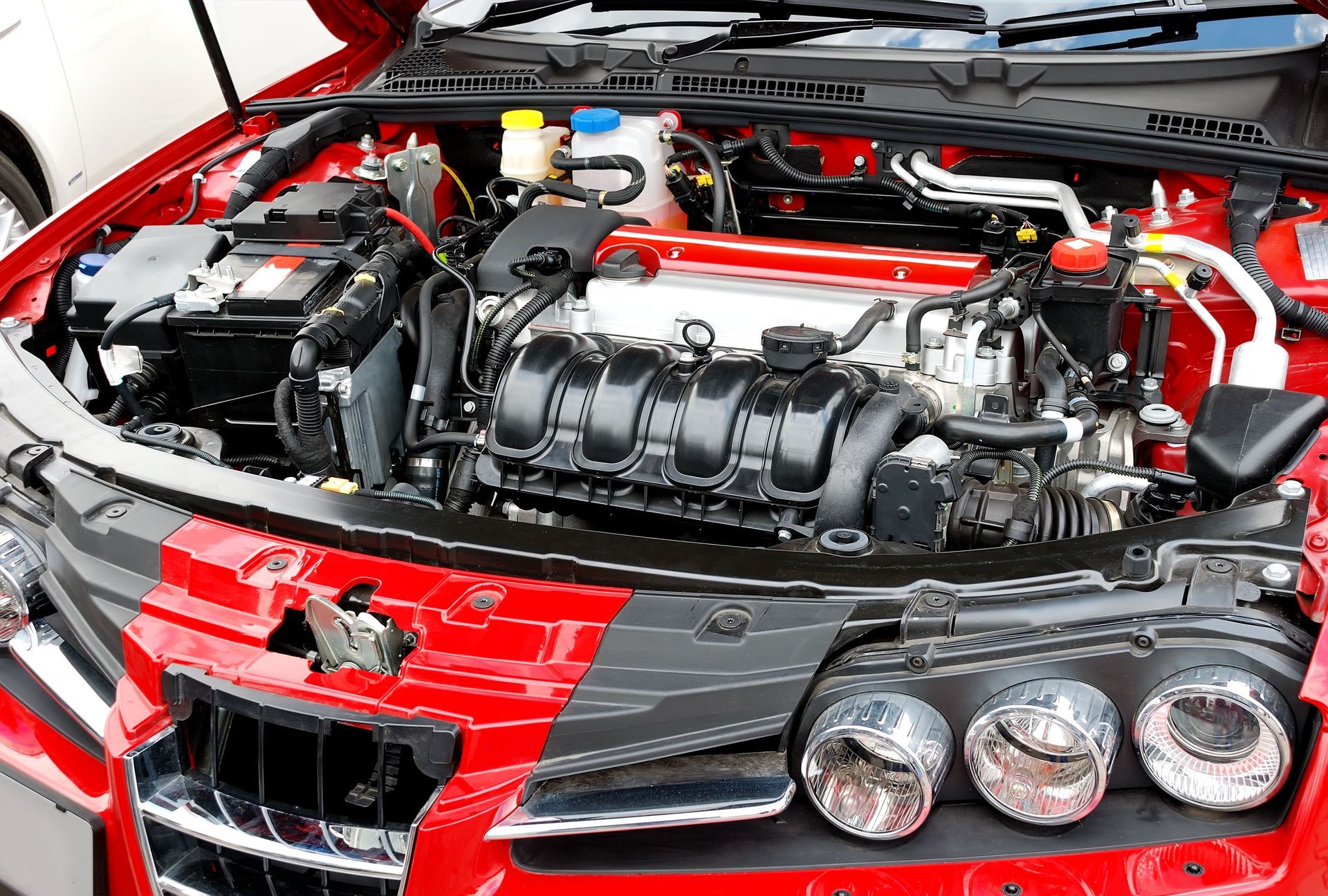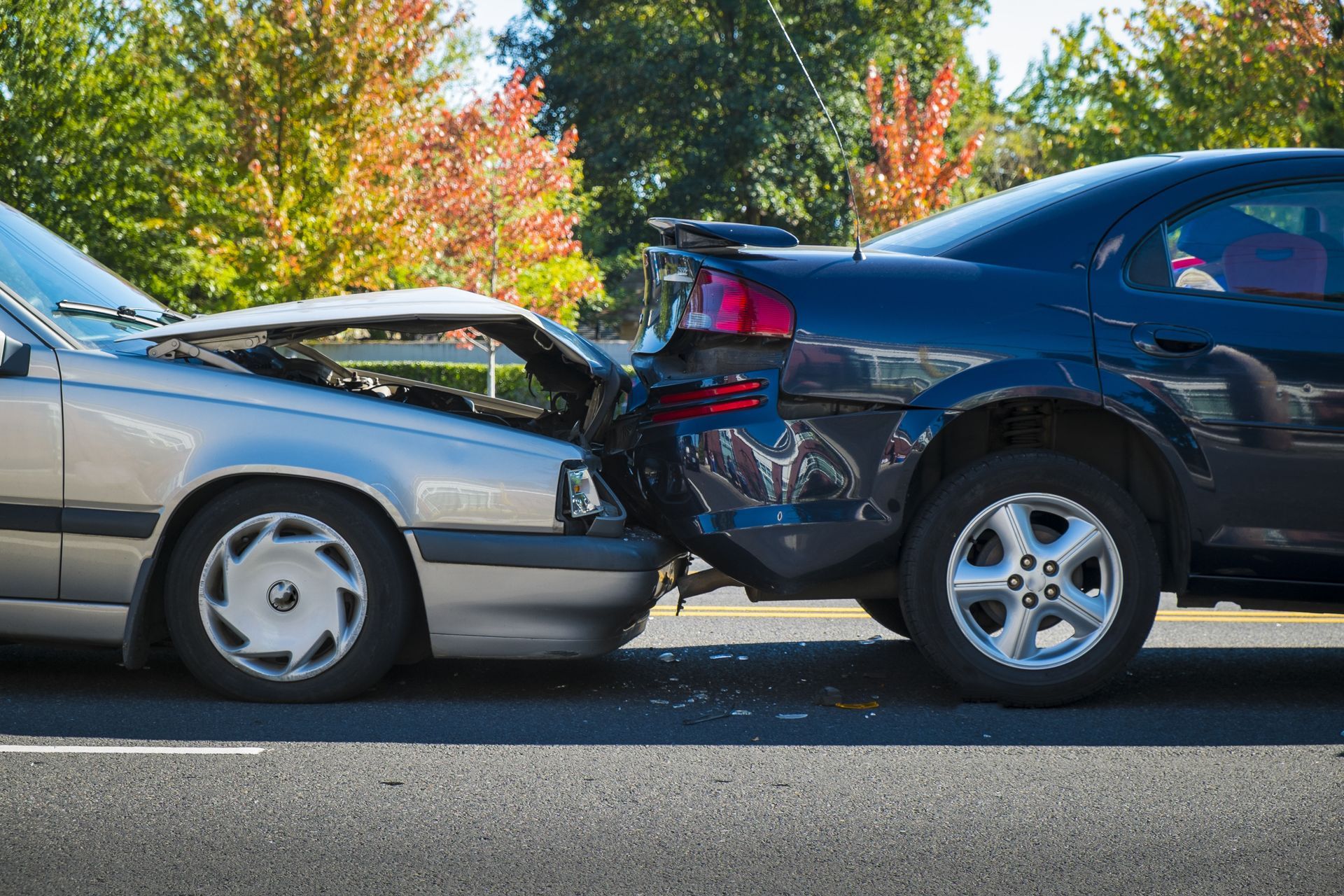Understanding Different Types of Collision Damage
Recovering from a car accident can be just as overwhelming as the accident itself, especially when dealing with the various types of damage your vehicle may have sustained. These damages can range from cosmetic to structural or mechanical, each influencing not only your car's appearance but also its safety and performance. Understanding these distinctions is essential for making informed decisions about auto collision repairs and for accurately evaluating the impact of the accident. This awareness also helps streamline discussions with insurance providers and repair professionals, ensuring fair compensation and effective service.
Understanding Cosmetic Damage and Its Long-Term Impact
One of the most common types of collision damage is cosmetic, affecting your vehicle's appearance without necessarily compromising its functionality. Scratches, dents, and paint chips may seem minor, but if left unaddressed, they can lead to rust and more extensive problems over time. According to JD Power, collision damage involving bumpers, frames, and body panels accounts for around 60% of repairs in collision shops, highlighting how even cosmetic issues often contribute to the majority of repair work. Despite their seemingly superficial nature, these damages can significantly impact both repair costs and the long-term condition of your vehicle.
Recognizing and Repairing Structural Collision Damage
Another significant category is structural damage, which is often more serious and expensive to repair. This occurs when the car's structural integrity is compromised, affecting areas such as the frame or unibody construction. Structural damage can jeopardize your car's safety features and impact its overall safety during future collisions. Skilled technicians and specialized equipment are often necessary to correct such issues.
Addressing Mechanical Issues After a Collision
Mechanical damage can often go unnoticed immediately after an accident but has lasting impacts on vehicle performance. This type of damage affects the car's essential operating systems, including engine components, transmission, and suspension. Identifying and repairing mechanical issues is crucial for ensuring that the car remains safe and efficient to drive. Many drivers realize the importance of proper diagnostics and repair too late, which is why routine check-ups post-collision are advised to prevent prolonged mechanical degradation.
Understanding the various types of collision damage is essential for managing both immediate fixes and long-term vehicle performance. Auto collision repairs often involve addressing cosmetic, structural, and mechanical issues, each requiring specific expertise and care. By recognizing the scope of these damages, you can make informed decisions and ensure your vehicle is safely and effectively restored. If your vehicle was damaged in a collision, contact Dutton Auto Body Shop Inc today.




Share On: